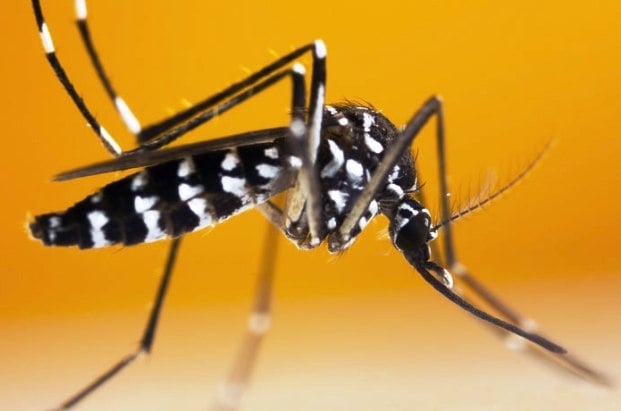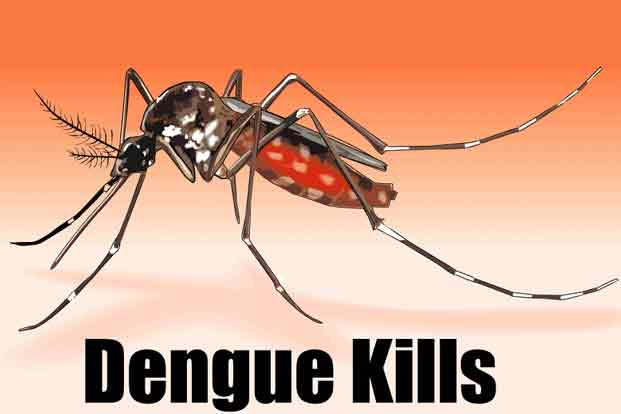Categories
- Bariatric Surgery (11)
- Black Fungus (5)
- Bone Marrow transplant (3)
- Brain Tumor Surgery Navigation Technology (20)
- Cardiac Surgery (66)
- Cardiology (97)
- Computer navigation technology for joint replacements (20)
- Covid Vaccination (17)
- Critical Care (2)
- Dental (19)
- Dermatology (31)
- Dialysis Support Group - “UTSAAH” (11)
- Dietitian (33)
- Emergency Medicine (4)
- Emotional Health (11)
- Endocrinology (33)
- ENT (20)
- Gastroenterology and GI Surgery (53)
- General and Laparoscopic Surgery (21)
- General Surgery (4)
- Gynecology & Obstetrics (183)
- Hematology (20)
- Internal Medicine (294)
- Kidney Transplant (50)
- Kidney Transplantation (20)
- Lung Cancer (8)
- Minimal Invasive Surgery (1)
- Mother & Child (20)
- mucormycosis (5)
- Nephrology (61)
- Neurology (147)
- Neurosurgery (68)
- Nutrition and Dietetics (107)
- Omicron Variant (1)
- Oncology (288)
- Ophthalmology (10)
- Orthopaedics & Joint Replacement (86)
- Paediatrics (59)
- Pediatric Nephrology (3)
- Physiotherapy (5)
- Plastic & Reconstructive Surgery (6)
- Psychiatry and Psychology (90)
- Psychologist (28)
- Pulmonology (72)
- Rheumatology (13)
- Spine Services (21)
- Transradial Angioplasty (16)
- Urology (84)
Query Form
Posted on Apr 19, 2022
What is Malaria and How is It Transmitted?
Generally people get malaria by being bitten by an infective female Anopheles mosquito. The malaria parasite is found in red blood cells of an infected people , malaria can also be transmitted through blood transfusion, organ transplant, or the shared use of needles or syringes contaminated with blood. Malaria is caused exclusively by the female mosquitoes carrying the disease. Male mosquitoes curiously, do not feed on blood unlike their female counterparts – meaning it is virtually impossible for them to transfer the disease from one person to another people.

How is malaria caused due to the bite of the mosquito?
The process begins when a female mosquito carrying the disease feeds on a human. When it bites the skin, the mosquito injects the parasites into the bloodstream. From there they travel to the liver. Some of the infected red blood cells, though, do not follow this path but differentiate in gametocytes a parasite form that stays in the human blood without causing any disease and can be taken by a mosquito during a future blood meal.
In the mosquito body, gametocytes evolves into sporozoites and in this way a parasite life cycle is completed and a new one is about to begin when this infected mosquito bites a human and transmits the malaria parasite.
Less common ways of Malaria transmission:
- Blood transfusion
- Transplantation
- Infected needles
- From mother to fetus during pregnancy



